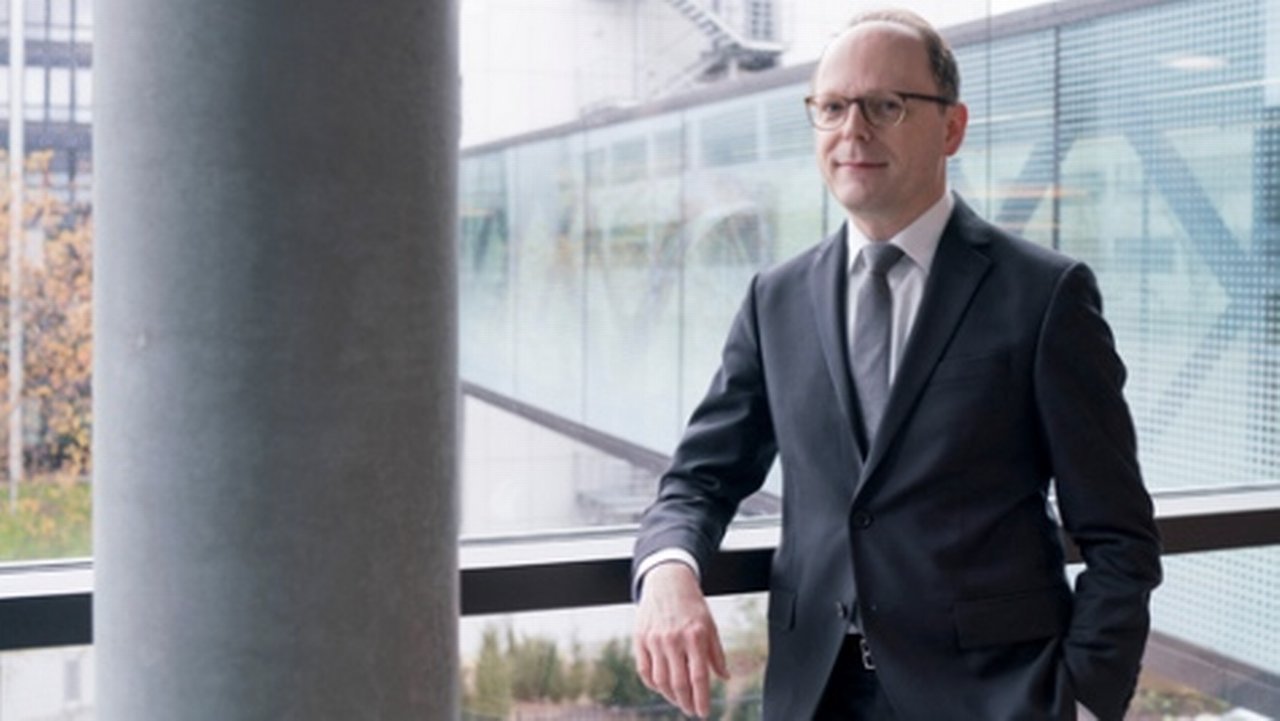December 2019
Deutsche Bank’s corporate trust and agency services experts share their thoughts on supporting infrastructure investment over the past decade and the decade to come
Deutsche Bank’s head of project finance agency sales in the Americas, Adam Raffa, product manager for trust and agency services in EMEA, Dean Kennedy, head of project finance agency in the Americas, Thalia Delahayes, and head of loan agency in EMEA, Gerd Meyer, share their thoughts on supporting infrastructure investment over the past decade and the decade to come.
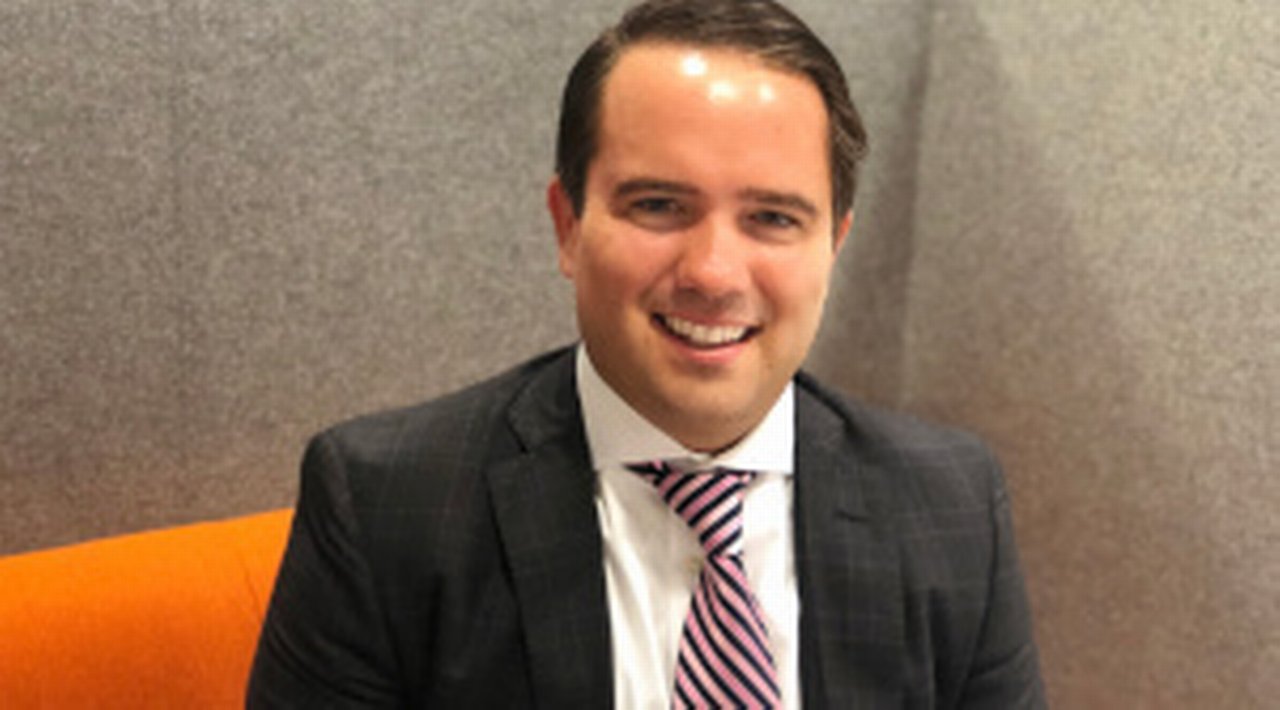
Adam Raffa
Head of project finance agency sales in the Americas
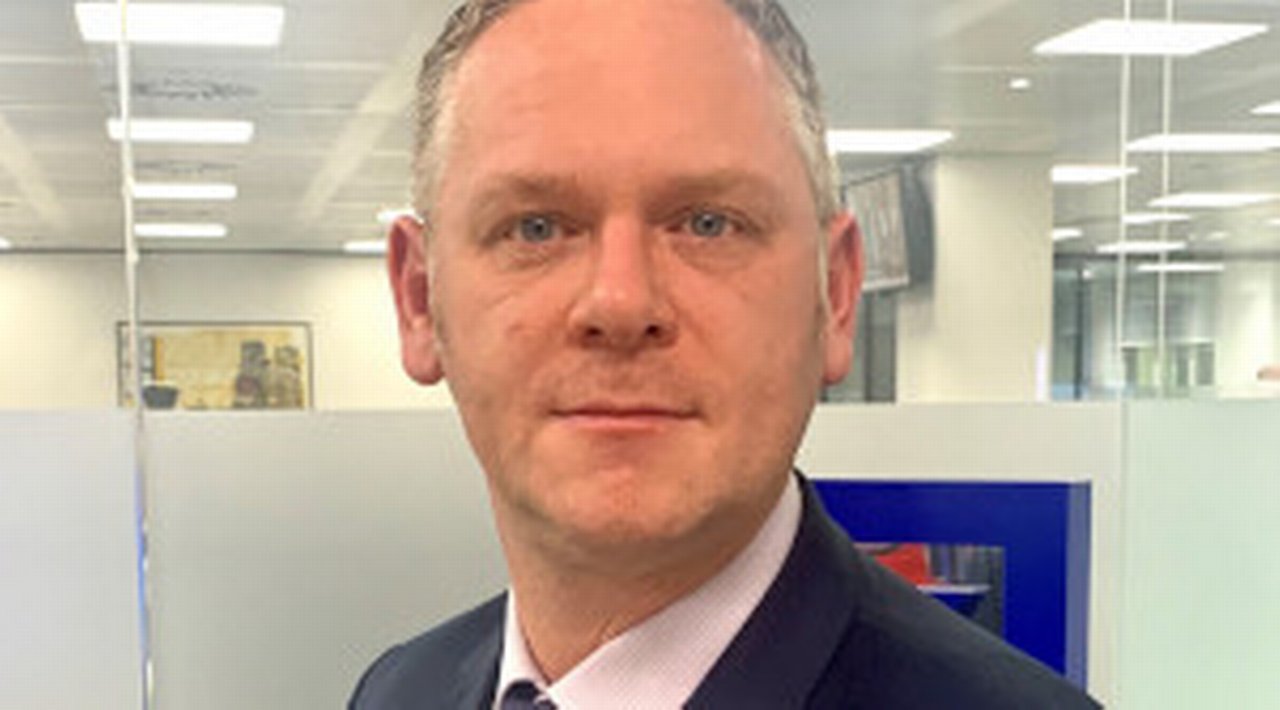
Dean Kennedy
Product manager for trust and agency services in EMEA
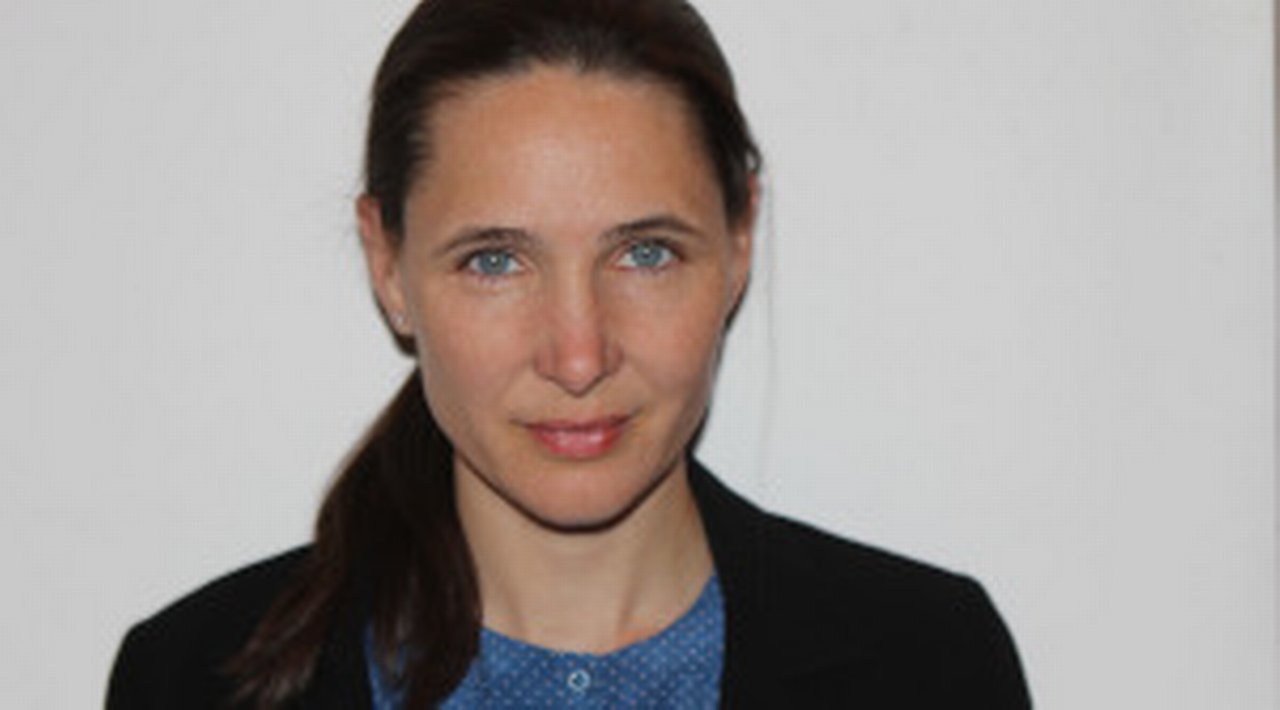
Thalia Delahayes
Head of project finance agency in the Americas
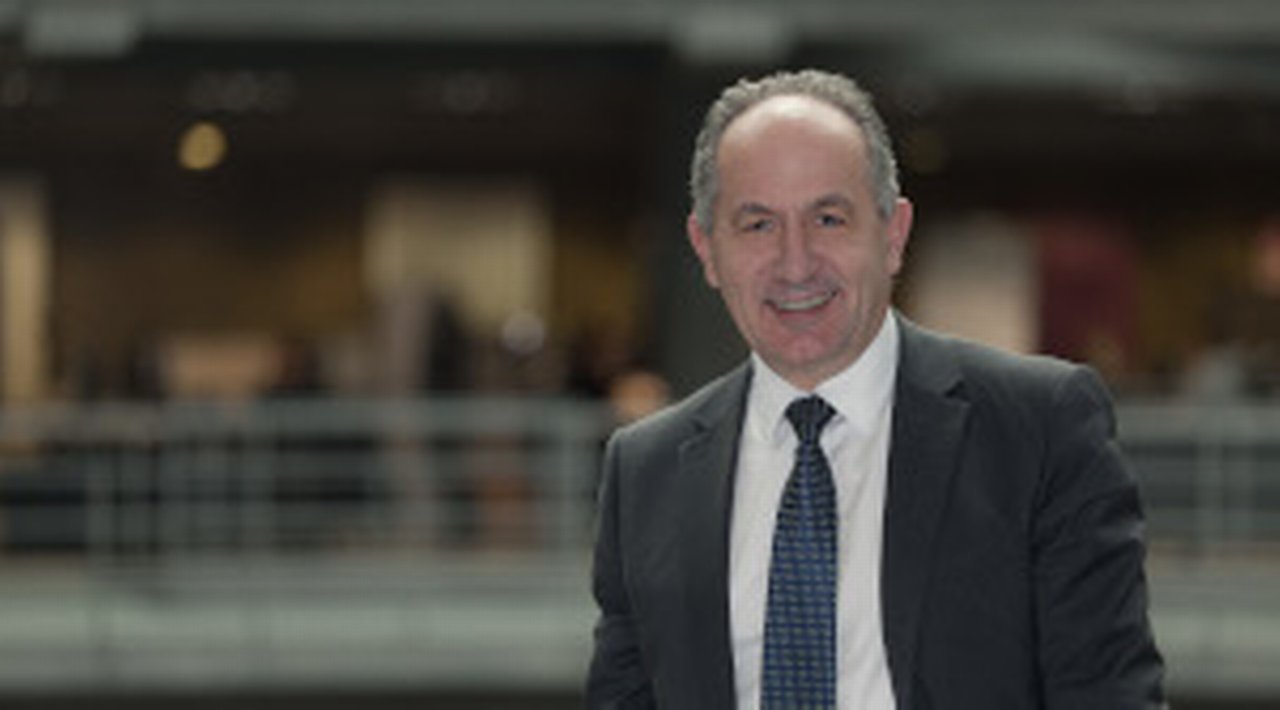
Gerd Meyer
Head of loan agency in EMEA
This article was first published in Infrastructure Investor magazine.
How are economic and geopolitical conditions impacting the infrastructure industry today?
Adam Raffa: The macro picture has changed significantly in the past 12 months. A year ago, the trade war between the US and China had just got going and Brexit was fast approaching. Many hoped those issues would have now been resolved. Instead, a fresh round of tariffs between the world’s two largest economies has escalated the situation, while the Brexit deadline has been pushed to 2020.
These challenges are hurting suppliers and developers, impacting futures and forwards contracts, on metal, for example. Meanwhile, political tensions are leaving many new developments in ‘slow mode’, even in proactive countries like the emerging markets. Finally, high levels of liquidity are putting pressure on lending and loan margins.
Dean Kennedy: That pricing compression is clear in the renewables space and, particularly from a European perspective, in offshore wind. There is just so much dry powder in the market. Five years ago, this was a bank-led space, but if you look at the most recent transactions in Europe, you increasingly have institutional investors involved, looking to match their long-term liabilities.
Historically, you would never have seen insurance companies with appetite for greenfield risk in an offshore wind project. That’s all changed.
What impact are these new players having?
Thalia Delahayes: It is fascinating to consider how the market has evolved in the wake of the financial crisis. Back in 2008, everyone was tightening their credit terms, some traditional project finance banks temporarily retrenched and others disappeared altogether. As a result, the industry turned to support from government agencies and development banks. A prime example was the US Department of Energy’s loan guarantee program, which supported the development of the utility-scale PV solar market through projects like the 550 MW Desert Sunlightproject in California, at that time the world’s largest photovoltaic power plant.
Fast forward to today and one of the biggest changes we have seen is the make-up of the players operating in the project finance market. Our project finance agency business globally expects to close a near record number of deals in 2019, representing $20 billion of project debt. In half of those deals, we are working with investors that were not involved in the industry 10 years ago, whether that’s Asian banks, insurers or infrastructure - funds.
AR: To summarise, on the institutional front, cash reserves are at historical highs, private equity has more dry powder than at any point in history and interest rates are keeping deal financing costs low. The geopolitical phenomena I described has created uncertainty at one end of the spectrum and an abundance of liquidity at the other. These will collide as we move into 2020, which should make for an exciting new year.
How have you responded to some of the challenges the industry has faced over the past decade?
DK: The renewables sector provides one of the best examples and, in particular, the reduction of tariffs in Spain which affected a number of transactions we were working on. Our key role was to moderate and coordinate in order to ensure deals were successfully restructured. We are not just appointed to act for the issuer/ borrower, the project companies or the developer, we are there to look after the investors’ interests.
Gerd Meyer: In these situations, communication is absolutely fundamental. Deutsche Bank has never just been a letter box, passing on questions or sharing information with others. We have always taken a proactive approach and, for our clients, that means that while we may not direct the wind, we can adjust the sails.
It is important for us to have a close relationship with all parties. In our role as Administrative Agent in Europe we always arrange a site visit in the first year, bringing together lenders, investors, the project company itself, as well as advisors, to identify where issues may arise. That means when they do arise, which they invariably do, everyone has agreed a course of action in advance. Communication is paramount. That is how we understand our role.
DK: And while the challenges that the industry faces may have changed, in terms of risks, regulation and the bankability of projects, our role really hasn’t. It has been deployed across sectors including with Rock Rail rolling stock in the UK and roads such as A10/A24 in Germany.
Is that particularly the case as renewables projects take on more merchant risk?
DK: There is still a question mark around how merchant-led this market will become, but we know that lenders are not particularly keen on the development. Having long-term corporate PPAs in place has obviously been a solution and we have worked on a number of deals with clients, the Bjerkreim cluster in the Nordics, for example, where this has worked.
The challenge now is whether this space can become more merchant in Europe and if PPAs, are going to remain the answer.
AR: Clients are looking for a positive narrative in the renewables space and they are finding it in North America and emerging markets. Banks continue to find bankability for these transactions. We are seeing increasing interest from European investors for renewable projects in Latin America.
What are you seeing in the Asia-Pacific region?
DK: While Europe and the US are awash with money, speaking with clients in the region it is becoming more difficult to find capital in certain sectors, outside of the usual banks. Pricing trends don’t seem to be replicating in the region although the appetite to build is certainly there – again, particularly for renewables. However, significant progress was made last year with the first Project Finance backed CLO, Bayfront Infrastructure, which we are supporting locally.
And what about emerging markets?
GM: We are seeing a real comeback in emerging markets. Banks still have issues around regulatory requirements, but non-banks are coming into the space, partially driven by the low euro interest rate [and support from development banks]. There is a real focus on environmental concerns in these markets and we expect to be very active in these regions.
"Innovation in robotics and automation will continue to promote efficiency, connectivity and sustainable growth in infrastructure. Our teams have been part of that evolution."
Are you also seeing investors embracing new sectors?
DK: There is a great deal of focus on battery storage in the US and a lot of noise around EV charging. In Europe, we have seen limited bankable battery storage deals to date. From an EV charging perspective, we are even seeing fund managers setting up dedicated strategies, but the question remains whether these will develop into bankable asset class or whether it will represent an equity-only space for the time being.
AR: Another interesting area is the collection of data. REITS, technology companies and other corporates historically outside the fence of renewable financings are asking how they can build facilities in a sustainable manner. Facebook has just signed another deal with Apex Clean Energy and we are seeing similar moves by the likes of Google and Microsoft. I think others will quickly follow.
How have ESG concerns shaped your own business?
DK: ESG will play an ever-growing role in our business going forward. There is an increased focus, not just on the deliverables of projects, but on ensuring they meet their environmental criteria. That can even mean us stripping out our functionality to separately concentrate on those factors, remediating when required, specifically in that respect.
What about the impact of emerging technology in the infrastructure space?
TD: Innovation in robotics and automation will continue to promote efficiency, connectivity and sustainable growth in infrastructure. Our teams have been part of that evolution. Earlier this year, Deutsche Bank announced the integration of AI into our document custody business and this month we introduced bots to bridge the gap between loan trades and system updates.
In what other ways has the corporate trust and agency services industry evolved to meet clients’ changing needs?
TD: In addition to communication, which Gerd mentioned, it is important to be innovative in creating the solution required by clients in an increasingly complex and fast-changing industry. The expertise of our specialized project finance agency teams has enable us to be at the forefront of these changes. As a few examples Deutsche Bank pioneered third-party agency services for the popular hybrid bank /bond template, and, this year, we provided bespoke agent and account bank services for the new private financing model rolled out for Newark airport consolidated rent-a-car facilities.
DK: Another example would be the creation of the project agent role in Europe. When I joined Deutsche Bank in 2013, the focus was on getting comfort back into the market for project bonds where the monoline insurers, that had been effectively acting as controlling creditor, had withdrawn.
The market decided that it fell to the investor to make these decisions without a controlling creditor. But who could they look to, to ensure they had all the information they required to make those informed decisions?
We were able to refocus our years of experience in the bank debt space, so that instead of just dealing with a syndicate of banks, we would deal with institutional investors in bonds. Because we already understood the asset classes, and the ups and downs of the life cycle, we could ensure bond investors got the same benefit of our services as banks.
With the prospect of a downturn on the horizon, how do you expect the industry to respond?
AR: Banks and financial institutions recognise that we are at the end of the credit cycle. Generally speaking, credit cycles go through periods where funds are relatively easy to borrow.
These periods are characterised by lower interest rates, lower lending requirements and increased availability of credit. But, with the cost of infrastructure and renewables continuing to fall, in terms of manufacturing, shipping and maintenance, it is difficult to identify where we are in the credit cycle, for this space specifically.
Cash from a banking perspective is certainly abundant. There is lots of dry powder in the private equity arena. In addition, what makes the market so unique, and arguably exciting, right now, is that we are seeing lower interest rates and a very competitive environment from a lending standpoint. The indicative lower lending rate signals a strong reason to believe we are, in fact, at the end of the credit cycle, which hopefully means more expansion into infrastructure and renewables in the next 18 to 24 months.
Go to Corporate Bank EXPLORE MORE
Find out more about products and services
Go to Corporate Bank Go to Corporate BankStay up-to-date with
Sign-up flow newsbites
Choose your preferred banking topics and we will send you updated emails based on your selection
Sign-up Sign-upYou might be interested in
TRUST AND AGENCY SERVICES, TECHNOLOGY
Eye of the Tiger Eye of the Tiger
The mass affluent in China are turning to global stock markets, helped by online trading platforms such as Tiger Brokers. flow looks at how the fintech’s Deutsche Bank-sponsored American Depository Receipt programme is further fuelling these investors’ ambitions
TRUST AND AGENCY SERVICES
Nordic Wind energy blows hot with investors Nordic Wind energy blows hot with investors
flow explores how Deutsche Bank’s project finance services partnered with one of Europe’s leading asset managers for renewable energy investments in the growing corporate power purchase agreement market for Nordic wind energy
TRUST AND AGENCY SERVICES {icon-book}
Investor Harmony Investor Harmony
How did Germany’s SAP successfully orchestrate change from a one-product software vendor to a fast-growing cloud business? flow’s Janet Du Chenne talks to Stefan Gruber about the company’s transformation and how investor relations adapted



